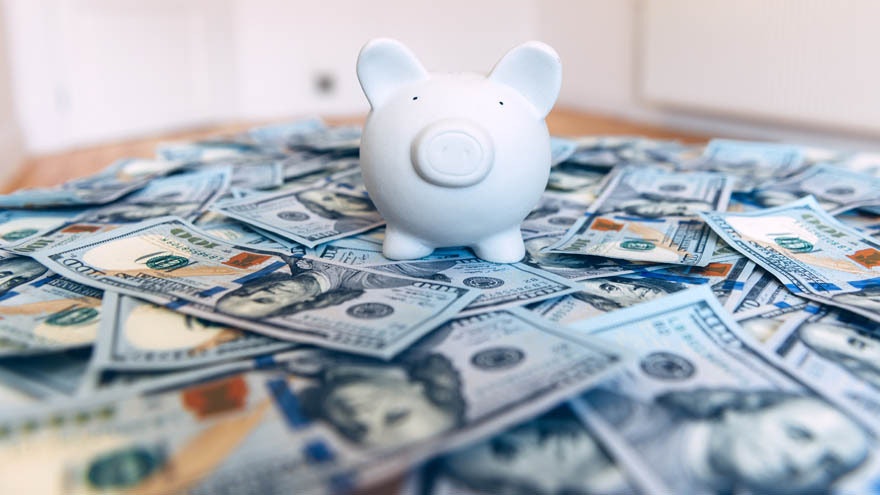Wyoming’s cost of living has increased at a rate not seen in more than a decade, according to a recently released report from the state’s Economic Analysis Division.
The annual inflation rate of 7.7% recorded during the second quarter of the year — which ended June 30 — is the highest annual inflation rate seen since the second quarter of 2008, when the state’s inflation rate was 7.9%, according to the division’s inflation report.
To determine how much the cost of living has increased from year-to-year, the division studies the costs of six consumer categories: transportation, medical, food, housing, apparel, and recreation and personal care.
The largest increase in costs in the second quarter of the year was in transportation, which grew by 23.3% from the second quarter of 2020, and recreation and personal care, which saw an 8% increase.
In 2008, the driving factors in the cost of living increase appeared to be transportation, with a 15% increase, food, with growth f 7.4%, and housing, where costs increased by 7.2%.
In the second quarter of 2021, the southwestern region of the state saw the highest inflation rate, 8.9%.
For total cost of living, Teton County saw the highest rate, with a cost of living 65% higher than the statewide average.
Lincoln, Laramie and Sublette counties all had costs of living slightly higher — 3% to 5% — than the statewide average. Washakie County had the lowest cost of living, according to the report, at 87% of the statewide average.
According to NPR, the Labor Department reported Wednesday that consumer prices nationally were 6.2% higher in October than a year ago, the sharpest increase since November 1990.
The outlet also noted that much of the upward pressure on prices is the result of a mismatch between booming demand and limited supply, as businesses struggle to find both parts and workers.
“Inflation hurts Americans pocketbooks, and reversing this trend is a top priority for me,” President Joe Biden said in a statement Wednesday. “I want to reemphasize my commitment to the independence of the federal reserve to monitor inflation, and take steps necessary to combat it.”





